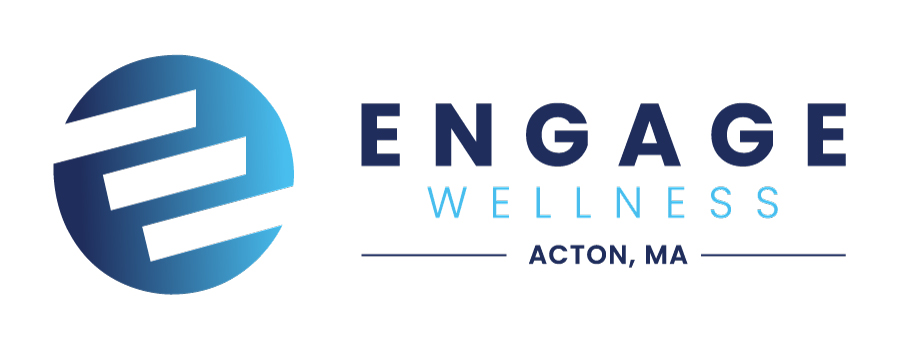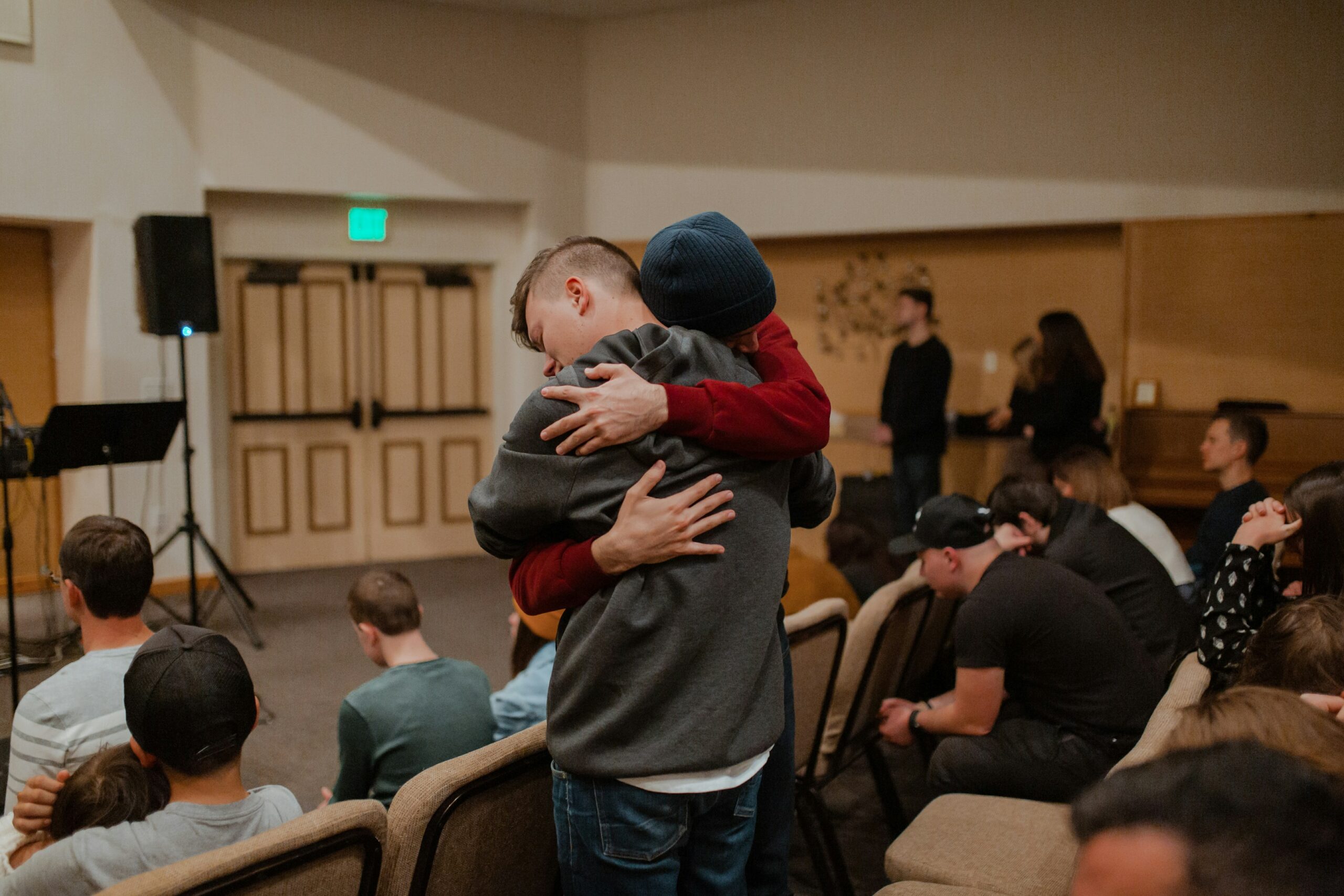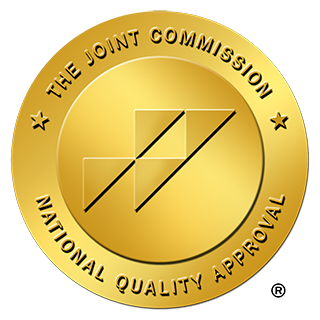Welcome to the Engage Wellness Acton Outpatient program guide.
This guide covers the importance of outpatient programs for individuals who require a flexible approach to care or ongoing support for their recovery. We also discuss the components and benefits of outpatient programs to provide a detailed understanding of what enrolling in this program entails and what one can expect.
What is an Outpatient Program?
An outpatient (OP) program is designed to provide ongoing support for individuals who are struggling with drug or alcohol addiction or co-occurring mental health issues.

This type of program is ideal for people who need greater treatment flexibility due to outside responsibilities, such as family, school, or work, and those who may require a less intensive form of treatment.
Clients enrolled in an outpatient program receive various services to support their recovery. These services include one-on-one therapy, group or peer support, family therapy, and psychiatry visits, as necessary. By attending an outpatient program after a more intensive form of treatment, clients have a better chance of achieving lasting sobriety.
Core Components of an Outpatient Program
Therapeutic Modalities: Our outpatient programs incorporate therapeutic modalities that promote complete healing, reducing the chances of a relapse or worsening mental health issues.
Flexible Scheduling: Outpatient programs provide more flexibility to individuals who require assistance but do not need intensive treatment. A regular outpatient program requires clients to attend various life skills-building programs for a few hours per week or on evenings or weekends for convenience.
Multidisciplinary Team: Our outpatient programs are staffed by an interdisciplinary team of licensed psychologists, therapists, nurses, and psychiatrists, ensuring every patient receives the appropriate level of care they need to achieve their treatment goals.
Peer Support: Group therapy sessions are a key component of outpatient programs. These sessions allow aftercare clients to reconnect with peers, engage in interpersonal activities, and offer guidance to new members on maintaining their recovery.
Life Skills Development: One of the most significant benefits of an outpatient program is the opportunity to rebuild and develop practical life skills. These skills are vital to long-term recovery and mental well-being.
They include:
- Stress management techniques
- Analytical thinking skills
- Problem-solving skills
- Coping skills
Benefits of an Outpatient Program
Community Support: Engage Wellness supports outpatient clients through its staff, program coordinators, and peer groups. This approach creates a safe and welcoming environment for clients to continue their recovery journey, share their experiences, and offer support to their peers.
Personalized Care: Outpatient programs are customized to meet each individual's recovery needs, increasing their success in achieving long-term sobriety.
Flexible Care: It is important to note that although federal job protections are available under the FMLA Act for those seeking treatment for substance abuse, some individuals may not feel comfortable participating in an inpatient program due to outside obligations. Outpatient programs like Day Therapy and Intensive Outpatient (IOP) Therapy offer more suitable alternatives in these cases.
Continuity of Care: An outpatient program ensures a smooth transition from inpatient care to aftercare, providing further support for those struggling with co-occurring mental health disorders.
Resilience and Self-Awareness: Attending an outpatient program can help individuals develop resilience and self-awareness, both essential aspects of the recovery journey. Through the program, individuals can learn how to overcome obstacles and setbacks while staying on track toward achieving their goals. Additionally, they can learn how to identify triggers and behavioral patterns that can lead to substance use, which reduces the risk of relapsing.
The Engage Wellness Acton Outpatient Program is a comprehensive approach to care that supports the entire individual—mind, body, and spirit. From the program directors to the therapeutic modalities, every service is created to offer the best possible support for rebuilding life skills and healing from substance use disorder addiction.
We can help you live the life you deserve!





